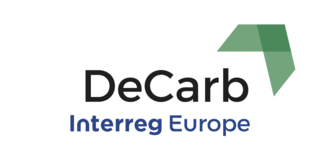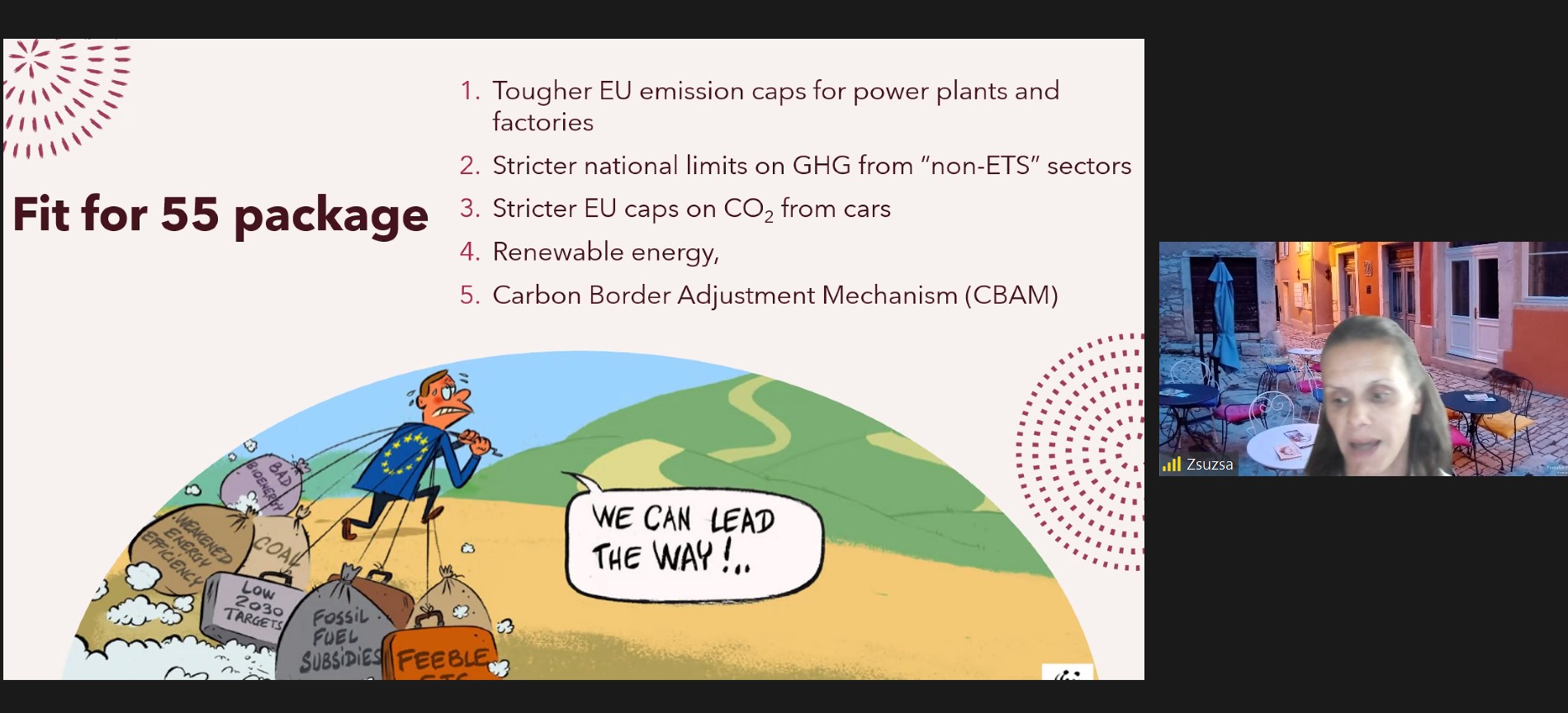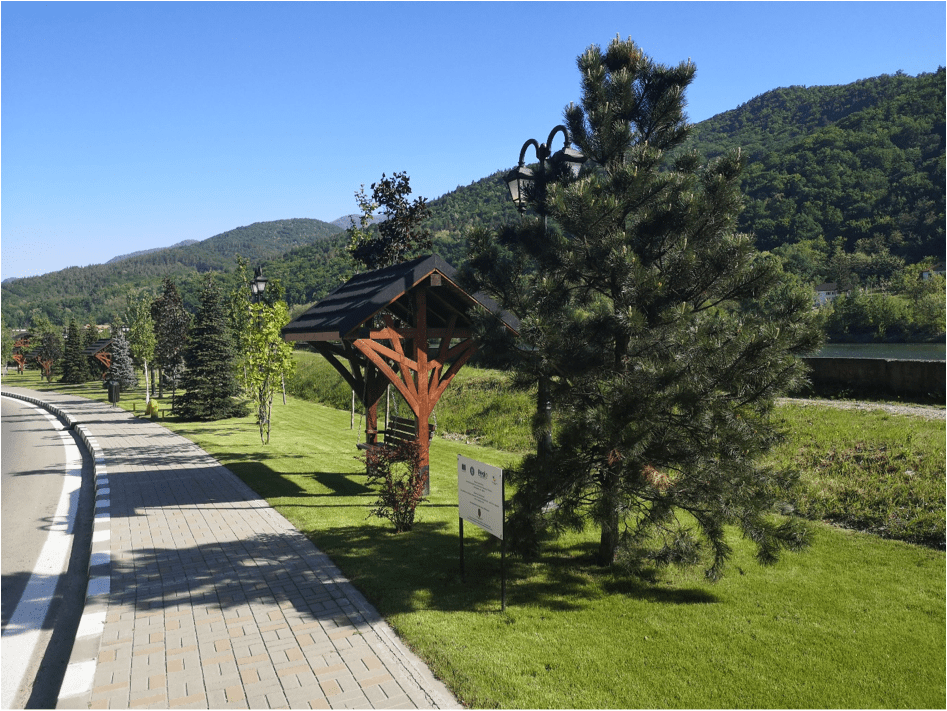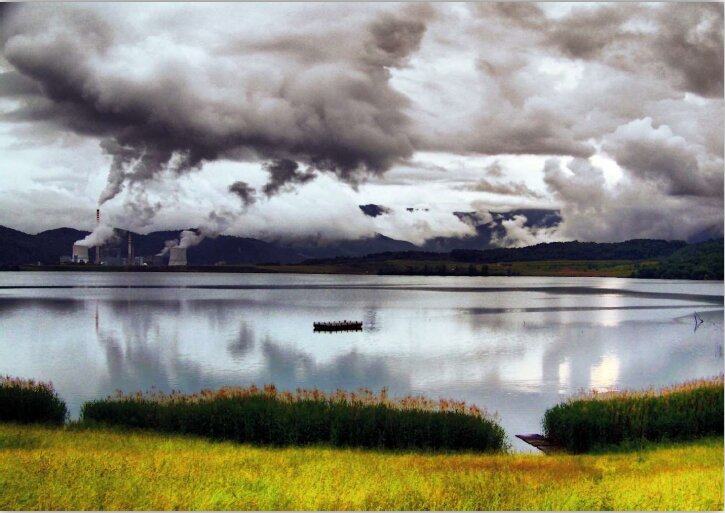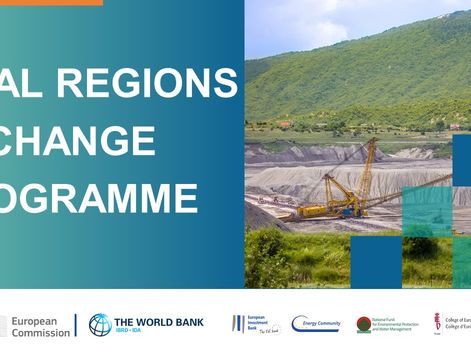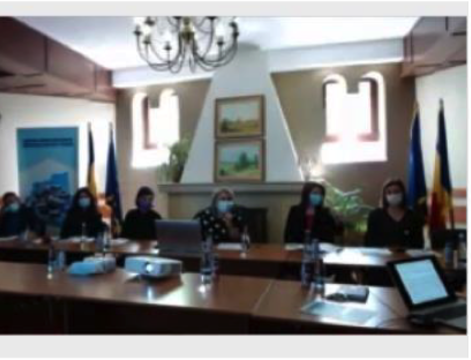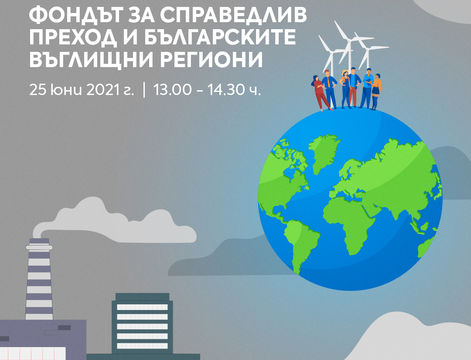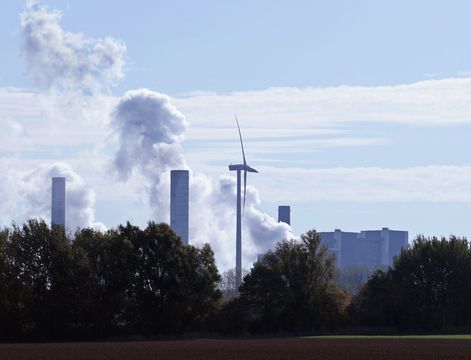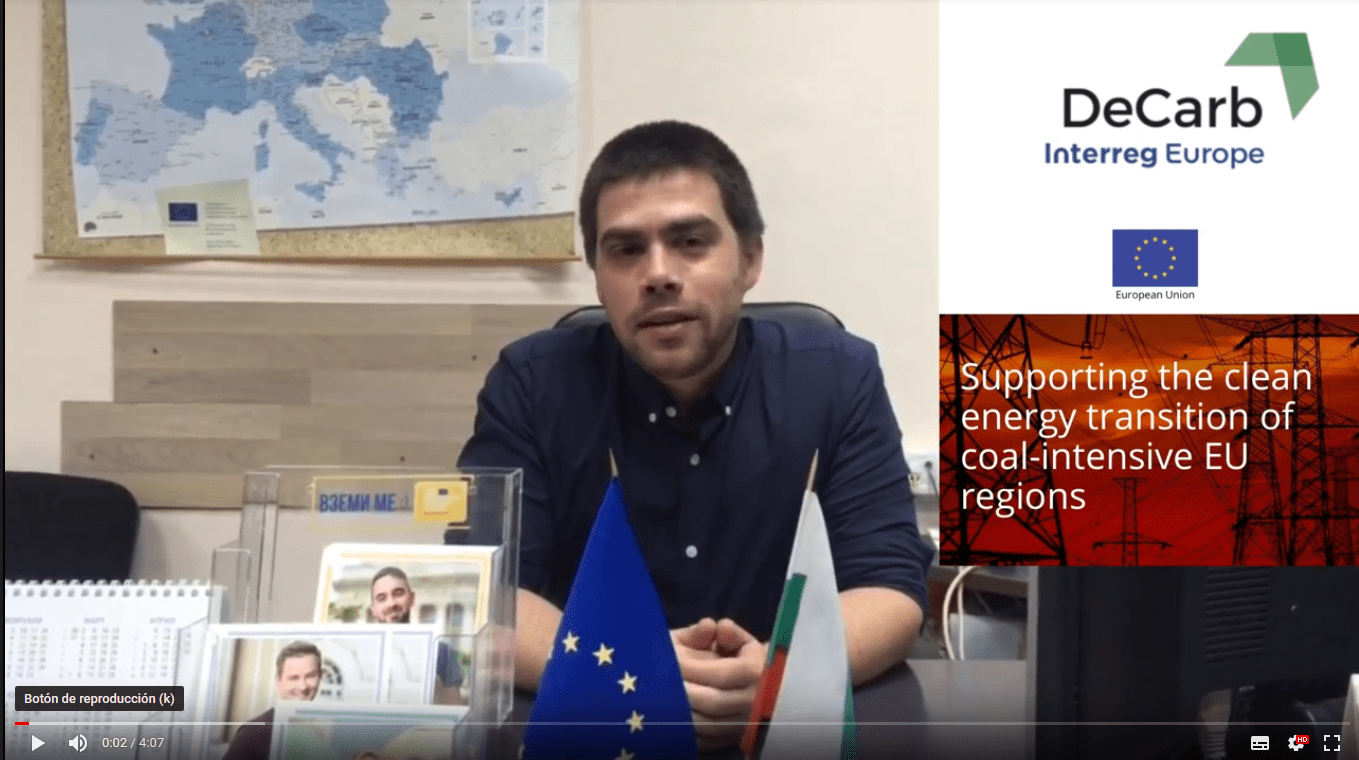The Šoštanj Thermal Power Plant, which produces about one-third of all electricity in Slovenia, is preparing for a project of recovered waste co-incineration. The project is named SO-EN: Coincineration for Energy. The SOEN project is a step forward in reducing greenhouse gas emissions, which is in line with the EU's strategy towards a carbon-free society and is a strategic direction for the management of the thermal power plant, which foresees gradually phasing out of fossil fuels.
The co-incineration of waste will be based on solid recovered fuels known as the SRF. SRF is a solid alternative fuel prepared from pre-sorted and recovered waste materials used to generate energy in incineration or co-incineration plants. SRF fuel is produced from exclusively non-hazardous waste materials, which would otherwise decompose over many years, thus its use pursues self-sufficiency on the way to a circular economy without waste.
At the Šoštanj Thermal Power Plant co-incineration of up to 160,000 tonnes of SRF per year is possible, which equals 215,000 tonnes of fossil fuel while reducing CO2 emissions by 156,000 tonnes. The SRF will only be supplied from producers who will provide the required fuel quality. Slovenia has not yet strategically resolved the issue of thermal treatment of recovered waste and the Šoštanj Thermal Power Plant is best suited for the energy use of alternative fuel SRF.
